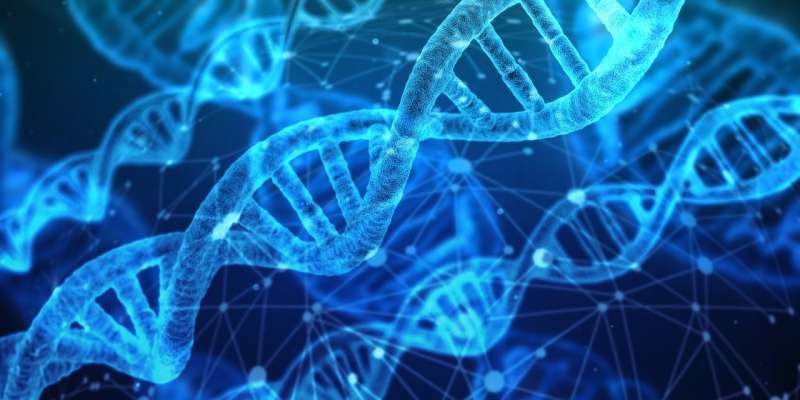New insights to major disease pathways

Flinders researchers have made major inroads into finding the cause of heart disease, Alzheimer's, cancer, diabetes and other diseases after discovering a further 148 proteins affected by oxidative stress in the human body.
The latest publication in ChemBioChem reveals how a chemical tool has been used to identifying 148 previously unknown proteins modified by cells damaged by stress.
The results build on earlier advances at the Flinders University Chalker Lab, led by nanotechnology researchers Associate Professor Justin Chalker and Dr. Lisa Alcock in collaboration with Dr. Gonçalo Bernardes' lab at the University of Cambridge and Heinrich-Heine-University in Dusseldorf, Germany.
The new modified proteins identified in the latest research are linked to heart disease, drug resistance in cancer, and other critical cellular functions, says Dr. Chalker, director of the Flinders Chalker Research Lab.
"This study is an important foundation for understanding the network of proteins that communicate during oxidative stress," he says. "It gives new signposts for biomedical scientists around the world to understand how cells react and respond to reactive oxygen species (ROS)."
ROS can occur when cells are stressed and, in turn, reacts with proteins to either damage or deactivate them or create different signaling pathways.
Flinders Ph.D. Dr. Alcock, now working at the leading St Jude Children's Research Hospital in Memphis U.S., says the new chemical tool developed at the Chalker Lab at Flinders can label oxidized proteins in live cells creating many more opportunities to expand this vital research into identifying the problem proteins which may contribute to major diseases.
"Our chemical tool is proving to be superior to the gold-standard probes often used in such studies and will help develop new therapeutic strategies by adding to the fundamental goal in biomedical science to understand how proteins are modified during oxidative stress."
The novel reagent developed at Flinders detects the biomarker cysteine sulfenic acid and has already mapped this oxidation in a cancer cell line and identified more than 1000 proteins that are modified under oxidative stress.
The paper, "Proteome-wide survey of cysteine oxidation using a norbornene probe," (2019) is in press at ChemBioChem.
More information: Lisa J. Alcock et al. Proteome‐wide survey of cysteine oxidation using a norbornene probe, ChemBioChem (2019). DOI: 10.1002/cbic.201900729
Journal information: ChemBioChem
Provided by Flinders University




















